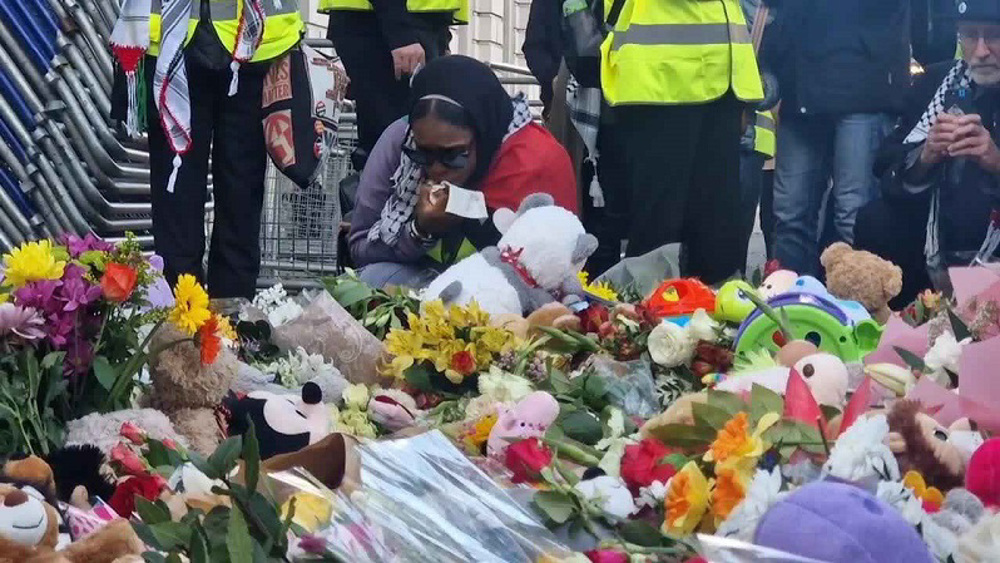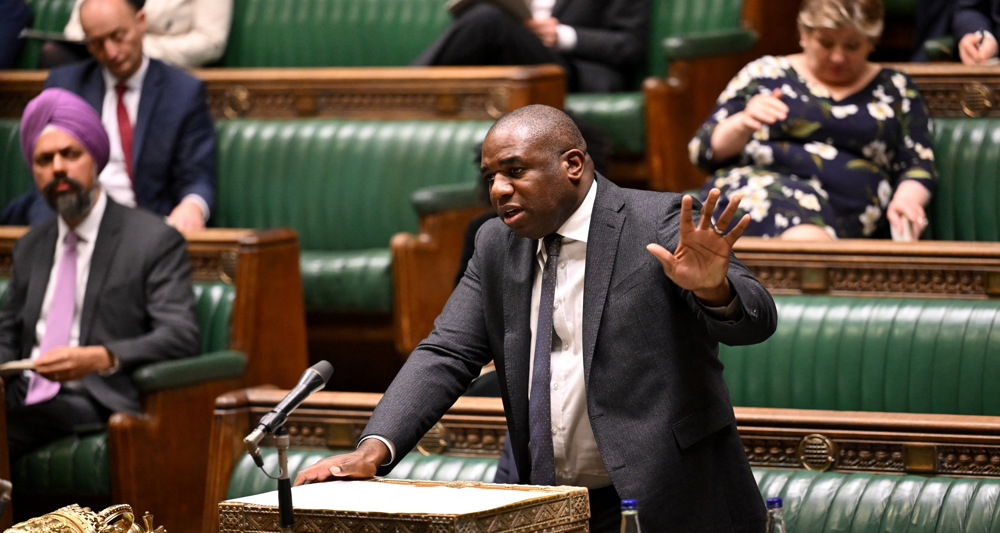UK may be prosecuted over missiles used by Saudis in Yemen war
The British government is at the risk of being prosecuted for war crimes after mounting evidence has come to light that UK-made missiles, sold to the Saudi Arabia, have been used against civilian targets in Yemen, UK Foreign Office lawyers and diplomats have warned.
According to a detailed report published by The Independent on Friday, advisers to British Foreign Secretary Philip Hammond expressed their concern that the sale of “specialist missiles," used during the nine months of Saudi war on Yemen, may breach international humanitarian law.
“The foreign secretary has acknowledged that some weapons supplied by the UK have been used by the Saudis in Yemen. Are our reassurances correct – that such sales are within international arms treaty rules? The answer is, sadly, not at all clear,” an unnamed senior Foreign and Commonwealth Office (FCO) legal adviser was quoted as saying.
Another government lawyer described the Saudi war on Yemen as a “proxy war”, noting that “inside the Foreign Office a course-correction is seen as crucial.”
“There will be renewed interest in the legality of the assault in Yemen. It may not be enough for the Foreign Secretary to simply restate that we have yet to carry out any detailed evaluation [of UK arms used in the bombing of Yemen],” he added.
On Wednesday, remains of PGM-500 missiles, manufactured by the UK firm Marconi Dynamics, were found in the rubble of a factory that was targeted near the capital Sana’a in September. The factory, according to a statement released by Human Rights Watch (HRW), was only producing civilian goods.
David Mepham, the UK director of HRW, said that this was only the latest well-documented case of violation of the laws of war by the Saudis in Yemen and noted, "UK ministers have consistently refused to acknowledge this."
The report further likened the doubts within the FCO over the legality of the British contribution to the Saudi aggression to the debates erupted in the run-up to the Iraq war in 2003, which led to the resignation of Elizabeth Wilmshurst, an FCO deputy legal adviser, after she questioned the legality of joining the invasion of Iraq without a defined resolution from the United Nations.
“There are many Elizabeth Wilmshursts around here at the moment. Not all are being listened to,” said another FCO adviser, when asked by The Independent whether the UK government regarded relations with the Saudis as too important to risk by asking “awkward questions” about the bombing of Yemeni civilian localities.

During the past months Amnesty International, HRW, and some other NGOs, have said that there is no doubt that weapons supplied by the UK and the United States have hit Yemeni civilian targets.
In a bid to undermine the Houthi Ansarullah movement and bring back to power Riyadh’s staunch ally fugitive President Abd Rabbuh Mansour Hadi, Saudi Arabia started its military aggression against its southern neighbor on March 26 without a UN mandate.
According to Yemeni sources, the aggression has killed more than 7,500 people, while the United Nations put the death toll at 5,700, saying more than half of those killed were civilians.
The UN children’s agency estimates that as many as 10 children are being killed on a daily basis, with six million people facing food insecurity.
VIDEO | Yemeni forces repel US-British attack, down F-18 Jet
Iran’s capabilities vast; enemy’s ‘maximum pressure’ policies all failed miserably: Senior official
Iran’s economy grew 2.7% y/y in Sep quarter: CBI
VIDEO | Freelancers in Gaza strive to stay online amid genocide
Mikati demands Israel's withdrawal from south Lebanon
Yemeni army strikes Israeli military sites with drones
‘Clock ticking’: UNRWA slams unjustifiable killing of children in Gaza
BP to be sued in Britain for supplying oil to Israel















 This makes it easy to access the Press TV website
This makes it easy to access the Press TV website